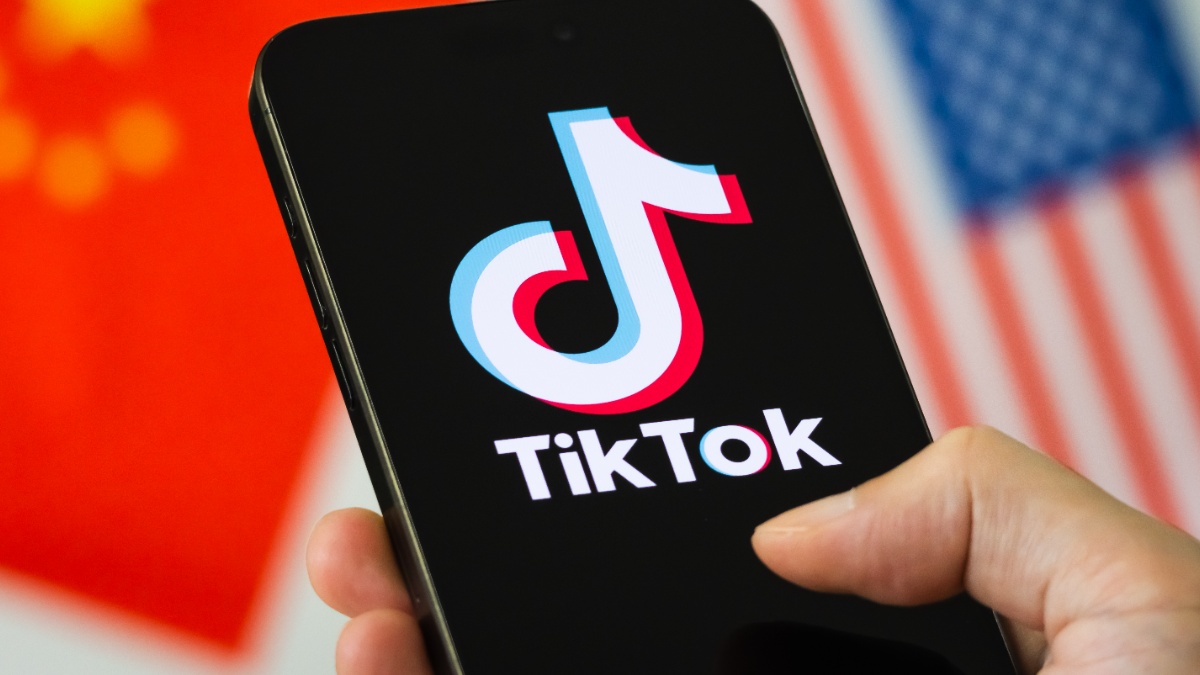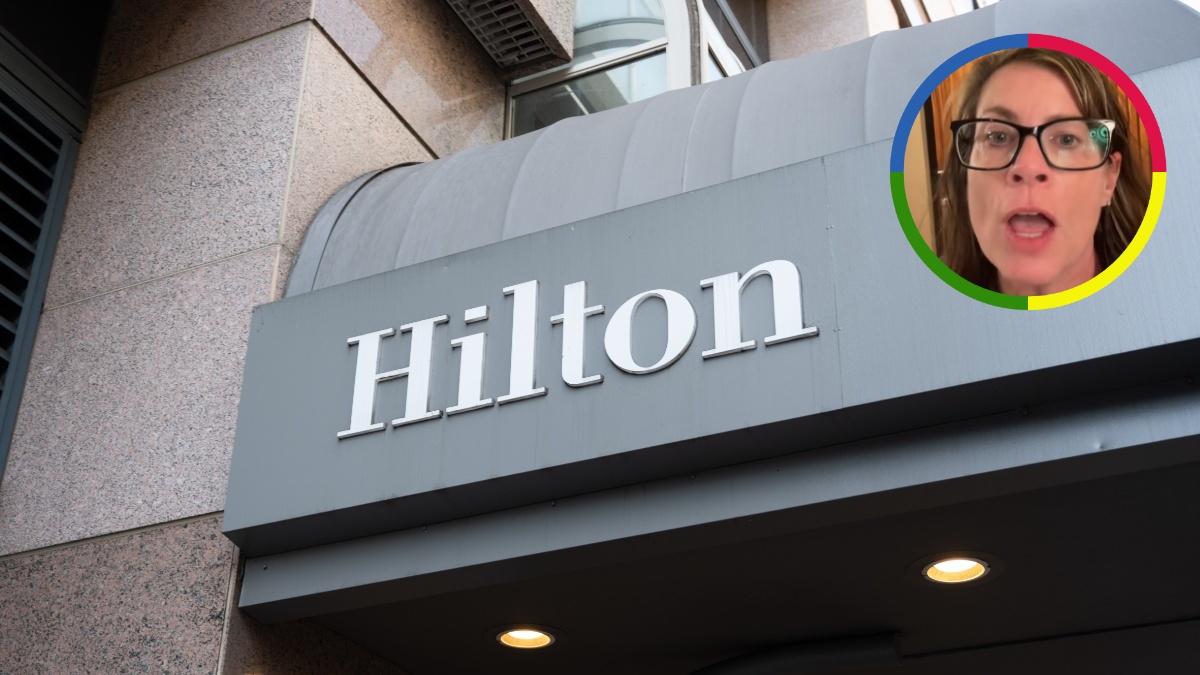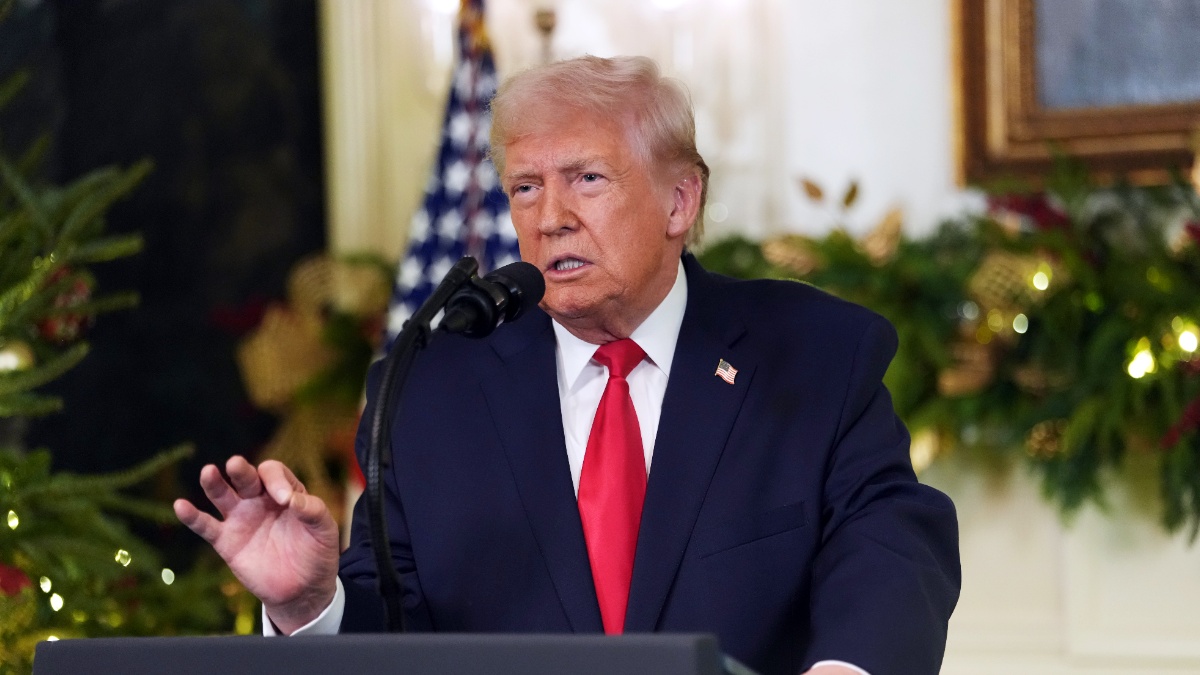In a revealing interview with GameInformer, Jason West and Vince Zampella who once headed Infinity Ward, played nicely with Activision, and created the cultural behemoth known as Call of Duty, finally let loose on the events that lead to their departure from Activision and the legal dispute that has captivated the gaming industry.
Why is the case even going to trial, you ask? Activision claims that Modern Warfare 3 would have been of much better quality and would have made “700 million more dollars” had West and Zampella been a part of it. Activision plans on bringing in an analytical expert to prove this by testifying that he did an analysis of all of the developer’s games and came to the conclusion that West and Zampella as well as the 40 other employees who left “made better games for less money.” He predicted that MW3 would have grossed between $2.8 and $3.3 billion in profits if West and Zampella were working on it. Additionally, Activision are claiming that Sledgehammer would have been able to develop a title called Fog of Warif they hadn’t been forced to fill in for Infinity Ward. They are also going to try and prove that when the developing duo realized that EA would provide a better working environment, they set out to facilitate their own firing. Meanwhile, West and Zampella are saying they were fired without cause.
Robert Schwartz, West and Zampella’s lawyer, details in-depth the timeline of the dispute:
They’re [West and Zampella] giving up their right to do their own game [of their choosing], they’re going to do Modern Warfare 3. This is February 2010 – a month before they got fired. So, fine – the same bonus arrangement, same everything. Activision guarantees them a big chunk of bonuses if the game is delivered on time and gets a 90-plus Metacritic score – so it’s not much of a guarantee. At the end of the game, Activision will let them go off on their own and be independent.
This is the third day of meetings between Activision’s lawyers and their lawyers. Their lawyers go over, and Activision comes out of their lawyers’ office and they are talking and talking. Their lieutenant counsel says, “I just don’t think we can come to an agreement on this. Give this to Jason and Vince.” He shoves across the table a piece of paper.
What comes next is something you’d find straight out of some hacker-espionage thriller film.
What does the piece of paper say? “You are hereby being notified that you are being investigated for improper conduct and breach of fiduciary duty. You may not talk to anybody about this and must cooperate in full or that in itself will be potential grounds for termination. We haven’t made any decision about what we’re going to do in this investigation – whether there is any discipline to be had or termination – but you better take us very seriously. Thank you very much.”
As entertaining as it all is, we haven’t even arrived at the juicy part yet. What Schwartz details next is something you’d find straight out of some hacker-espionage thriller film.
The three claim that Activision started a secret investigation called “Project Buzz,” later called “Project Icebreaker” which was a secret task force intended to investigate West and Zampella by any means necessary in order to dig up sufficient dirt that would justify the company for firing them. If what Schwartz and his clients are accusing Bobby Kotick and Activision of is true, one of gaming’s giants could be facing some serious legal repercussions. It’s also what we here at AOTF are officially promoting as #CoDGate.
You’ll love this. Summer 2009 – May 2009. Before E3, the big [event] for Modern Warfare 2. Do you know who George Rose is? He was the head lawyer for [Activision].
So George Rose goes into the office of this guy named Thomas Fenady. He’s some kind of IT whiz at Activision. He’s sitting in his office and has no idea what is going to walk in his office. [Rose says], “Hey, this comes right from the top. I have a project for you from [Activision Blizzard CEO] Bobby Kotick. Jason and Vince – you know those guys? We’re really sick of them. We want to get rid of them; we want to fire them. You need to break into their computers and dig up dirt to be used to justify firing them.” [Fenady] testified to this.
So Fenady gets really nervous. He goes to his boss and his boss finds out about it and his boss says, “You should not get involved in something like this – this doesn’t sound right.” George Rose finds out about this, comes into his office, and goes, “Look, this comes from Bobby Kotick. If you do this, Bobby will protect you if anything happens. But remember, the number one priority is do not get caught.”
So he tries to break into the Infinity Ward server to read emails. He sees there is a firewall there, but he breaks through the firewall. He’s now seeing their email server, but he can’t make any sense out of it. So he calls Microsoft and says, “Hey we have this Microsoft Exchange server out at Infinity Ward. Can you help us figure out how to break the password and read the emails?”
Then he goes to a vender that does penetration testing called InGuardians and they said, “Hmm, this sounds like some black bag operation, we’ll help you but you have to give us an indemnity and a get out of jail free card against any criminal or civil liability.” Then, they realized they can’t do anything unless they have physical access to the premises.
They then go to the facilities guys and they say, “Look, we need to get into Jason and Vince’s computers and the other computers at Infinity Ward. Can you stage a mock fire drill or something to get them out of the building so we can go in and grab the computer’s image and get out before they know what’s happened?”
They tried to keep that evidence out. Two weeks ago they had a motion in front of the judge and said, “This is a sideshow, this is bull—-.” We said, “No, this is the core of the case, your honor. This tells you that everything they’ve been telling you and want to tell the jury about why they fired them is complete bull—-. It had nothing to do with EA. EA didn’t even call these guys up until two months after that.”
When the case finally goes to trial, much more than the reputations of both parties will hang in the balance. The decision could ultimately determine not only the future fate of the Call of Duty franchise, but could also establish a precedent for the relationship between publisher and developer. Creative control, contractual obligations, and business practices following the unparalleled success of a particular franchise may all come to be defined by the case.
The interview is available in its entirety on GameInformer, and it’s well worth the read. When asked if a settlement would prove to be enough to cover the damages, West responded with a clear message, implying that he does not intend on letting Activision continue in their current ways: “Well, a settlement could be more than money,” he said. “I do have an issue, letting them get away with it and doing it to the next guy.”











Published: May 26, 2012 01:02 am